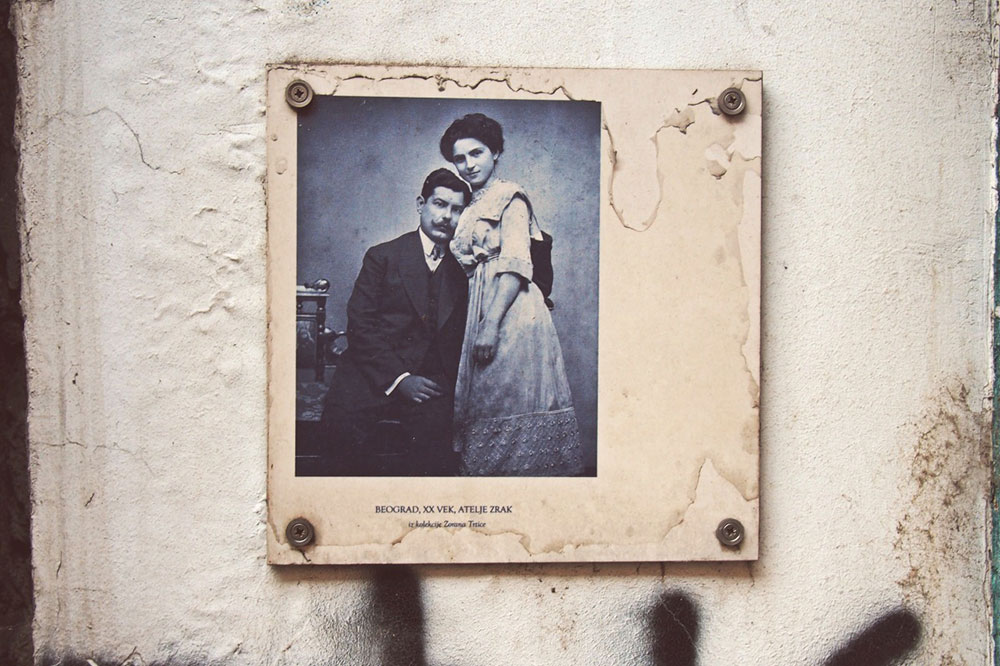
It’s Sunday, early afternoon. I am waiting for the president of my country to consult with, in this order: President of Hungary Viktor Orban, the patriarch of the Serbian Orthodox Church, and then “with the doctors and experts from the Headquarters for the Suppression of Coronavirus”, and after that to announce his decision on whether to introduce a state of emergency. I guess I’m not the only one disturbed by this order of consultants the president has chosen to help him decide if he needs to take the army to the streets. Instead of Orban, it may have been better, for example, to consult with lawyers on the difference between a state of emergency and an emergency situation. In other words, I wonder if his mission is to organize civil services to protect citizens and reduce the consequences for their health and lives, or if this is just an opportunity to expand his control over those same citizens and capitalize once more on their fear?
However, it is not my intention now to vent my own anxiety or to contribute to general panic, but to draw attention to seemingly small moves that can mean a lot and help us all think nicer thoughts.
While collecting and weighing the news, tracking charts and statistics, washing my hands, checking what is happening to my relatives and friends in various places around the world, then washing my hands again, I also found footage from Italian cities, where residents sing together from their terraces and windows, the music echoing through the empty streets. In the face of devastating danger, they are forced to isolate themselves. But in the face of that same danger, they are also forced to be together and to make their fellowship known.
This apparent paradox of Italian singers, who are forcibly isolated yet find a spontaneous way to express fellowship and encourage one another, has once again made me think of the importance of solidarity for survival and to return to an important but largely neglected work. At the end of the nineteenth century, Peter Kropotkin, a disinherited Russian aristocrat, a respected naturalist and anarchist, spoke and wrote about cooperation between individuals, groups, and species, which leads to the progress of all and where the well-being of some does not arise by narrowing or endangering the needs and rights of others. The struggle for survival, in which the strongest contender who has the ability to impose their own well-being as a general principle wins, is not and need not be the only way, neither in nature nor in society. He believed that human history was moving along a path that takes us away from centralized power, toward equality and freedom. Especially in the days of various anniversaries in March, it seems to me important to say that a selection of Kropotkin’s writings, entitled “Anarchism and Morality”, was published by Prosveta in 1984. The articles were selected and translated by Zoran Djindjic, who also wrote the foreword. Djindjic began his foreword by quoting The Diary of Franz Kafka: Don’t Forget Kropotkin.
Let’s return to the Italian citizens, whose state, as many experts say, severely underestimated the danger of a pandemic, reacted too late and too poorly, in short – did not do its duty, thus endangering millions of people. Around the world, we can see similar failures of the global system to counter this new and dramatic danger, from the US under Trump to the UK with Boris Johnson at the helm. In our case, the President of our state, after holding several notable press conferences in the company of the humorous Doctor Nestorovic and touchingly confused Doctor Kon, and resolving the secret of the number of respirators, informed us that the next step could be to take the army to the streets. And that he will consult on this with select experts on behavior in a state of pandemic – Orban and the Patriarch.
And then Sunday night came and we found out the result of this consultation. I invite you to sing in solidarity from the balconies in Serbian cities in the days that follow, but also to think about solidarity and cooperation as the path to building a just, happy, and prosperous community. When the immediate danger of the Coronavirus passes and when we can get off the balconies and onto the streets, I urge you to begin building a community where the well-being of each individual is equal to the well-being of all.
Don’t forget Kropotkin.
The author is a professor at the Department of Archeology at the Faculty of Philosophy in Belgrade.
Translated by Marijana Simic
Peščanik.net, 23.03.2020.


